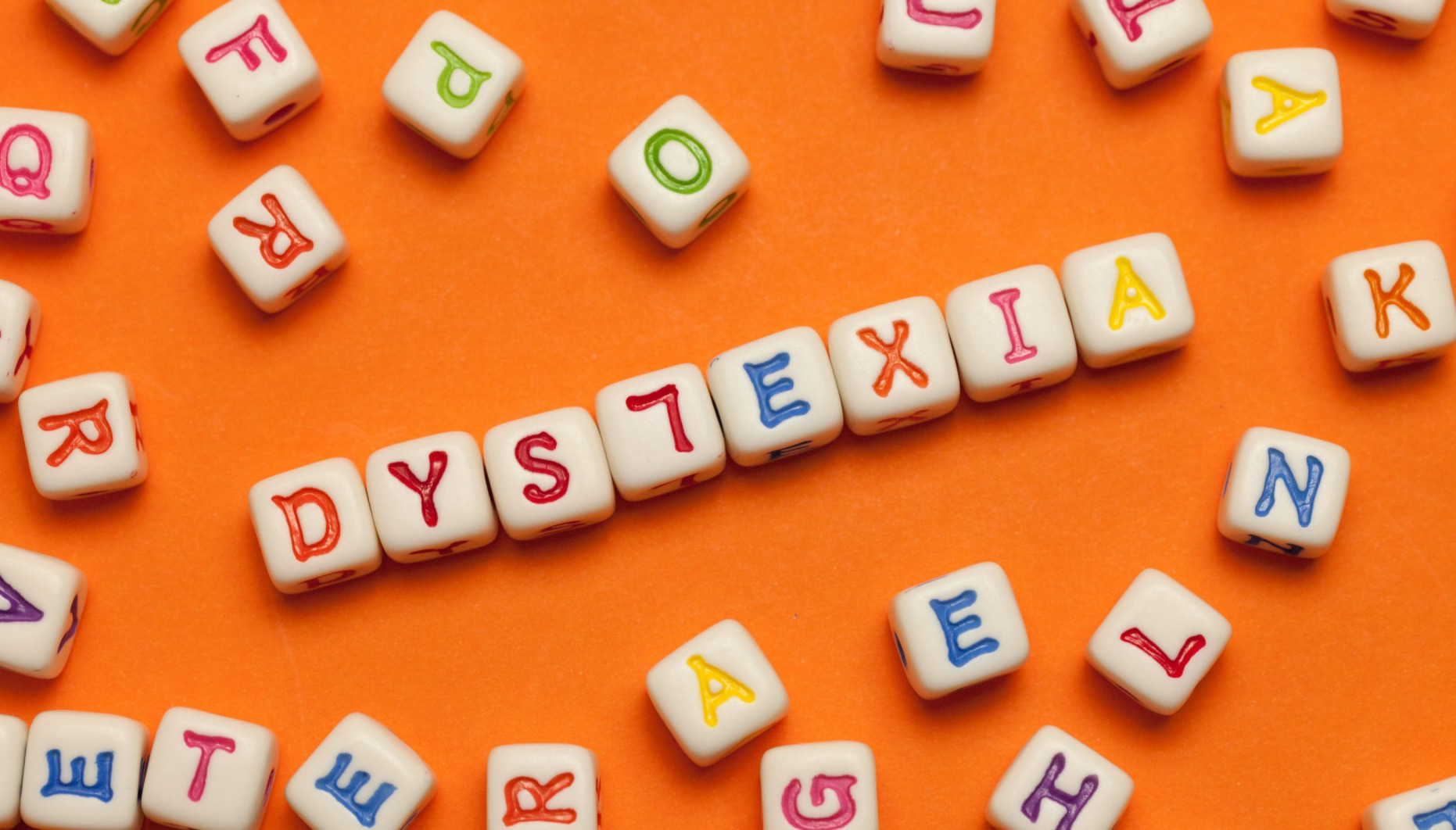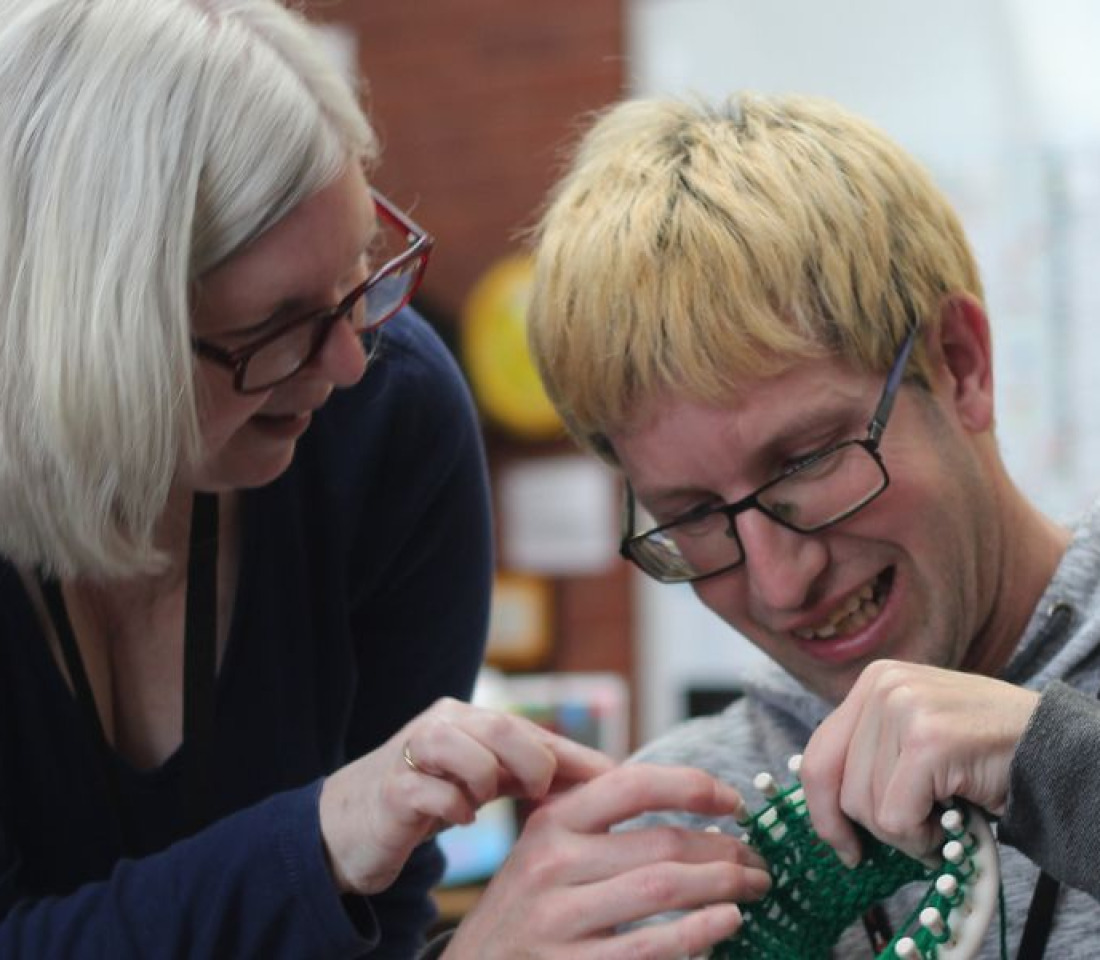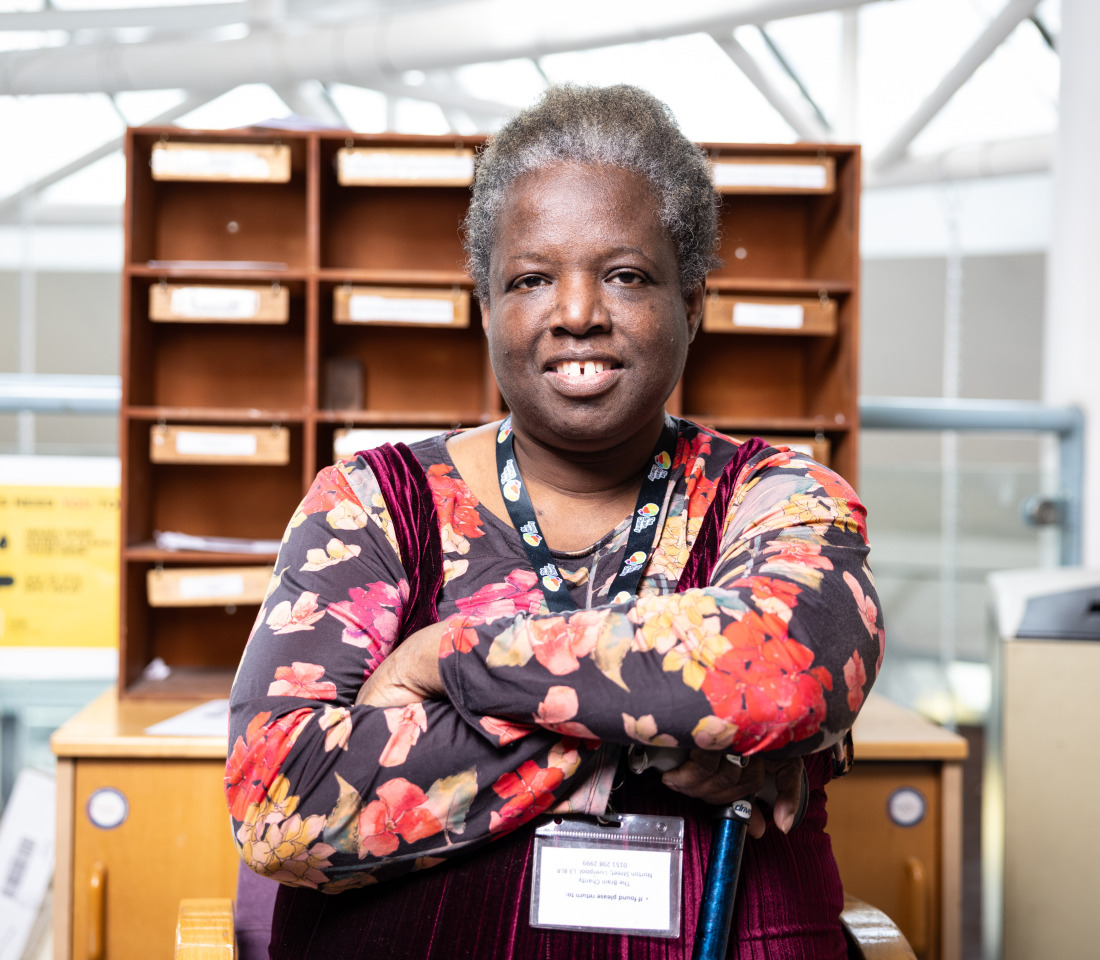
Dyslexia: facts vs fiction
Busting common misconceptions with The Brain Charity
At The Brain Charity, we support people with all forms of neurological differences, including those living with dyslexia. Despite being one of the most well-known learning differences, dyslexia is still misunderstood. Myths can create barriers and stigma, while the facts can empower. In this blog, we explore common questions—some based in truth, some based in myth—to help set the record straight.
Fact: Can dyslexia affect speech?
Yes, dyslexia can sometimes impact speech, especially in early childhood. Individuals with dyslexia may struggle with word retrieval, pronunciation, or sequencing sounds, which can affect spoken and written language fluency. While not all people with dyslexia experience speech issues, language-based difficulties are often part of the broader profile.
Fiction: Can dyslexia be cured?
Dyslexia is not a disease, so it cannot be ‘cured.’ It is a lifelong neurodevelopmental difference in how the brain processes language. With the proper support, tools, and strategies, individuals with dyslexia can thrive academically and professionally, but the underlying neurological differences remain.
Fact: Can dyslexia get worse when stressed?

Absolutely, stress and anxiety can temporarily worsen the symptoms of dyslexia. For example, someone might struggle to process written instructions or retrieve words under pressure. This doesn’t mean the dyslexia itself is worsening—instead, stress can exacerbate the challenges it already presents. Supportive environments and stress-management strategies can help mitigate this.
Fiction: Can dyslexia get worse with age?
Dyslexia does not worsen over time. However, the demands of adult life—more complex reading, multitasking, or workplace expectations—can make its effects more noticeable. With continued support, individuals often learn to manage their challenges and build on their strengths.
Fact: Are dyslexia and autism related?

Dyslexia and autism are separate conditions, but they can co-occur. Both fall under the neurodiversity umbrella and involve differences in how the brain processes information. Some individuals may be diagnosed with any two or more of the seven main conditions considered neurodivergent, including autism, but having one doesn’t automatically mean you have the other. Each condition has its own profile of strengths and challenges.
Fiction: Will dyslexia go away?
Dyslexia doesn’t “go away,” but individuals can significantly improve their reading, writing, and coping skills with early intervention and consistent support. Many develop strategies that allow them to succeed on their own terms. The challenges may remain, but they don’t have to hinder success.
Fact: Can dyslexia affect memory?

Yes, particularly working memory—the ability to hold and manipulate information over short periods. This can impact tasks such as following multi-step instructions or remembering verbal information. However, long-term memory is often unaffected, and many individuals with dyslexia develop strong visual or associative memory strategies to compensate.
Fiction: People with dyslexia just need to try harder
This is a damaging and false assumption. Dyslexia is not related to effort, intelligence, or laziness. It’s a neurological difference that affects how language is processed. Supportive teaching methods and accommodations—not simply “trying harder”—make a meaningful difference.
Fact: Can dyslexia be inherited?
Dyslexia often runs in families, suggesting a strong genetic component. If a parent or sibling has dyslexia, there is an increased likelihood that another family member might have it too. Early identification in children is key to providing timely support and intervention.
Fiction: Dyslexia only affects reading and writing
While dyslexia primarily affects language skills, its impact can be broader. Many individuals also experience challenges with working memory, organisation, sequencing, and processing speed. Recognising the full profile of dyslexia helps provide better, more holistic support.
It’s never too late to learn
Dyslexia is a lifelong difference, not a limitation. At The Brain Charity, we’re committed to dispelling myths and increasing understanding so that everyone with a neurological condition can thrive. By separating fact from fiction, we create space for strengths to shine and barriers to fall.
If you’d like to learn more about dyslexia by arranging neurodiversity awareness training for your organisation, get in touch with us.
Category: News
Published: 11 August 2025














